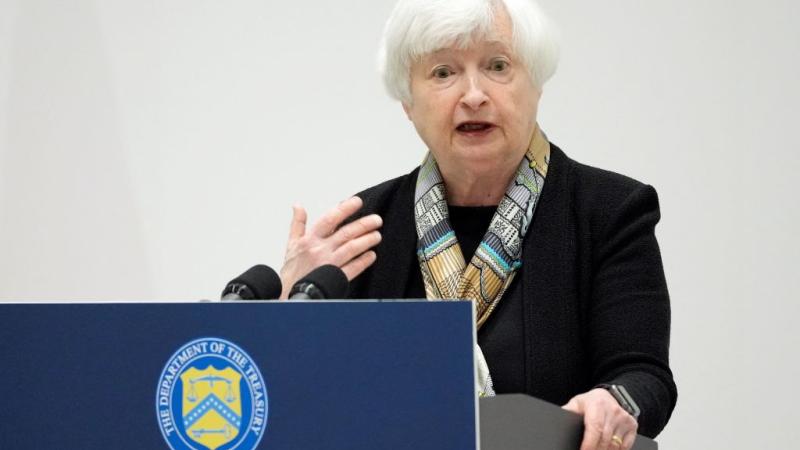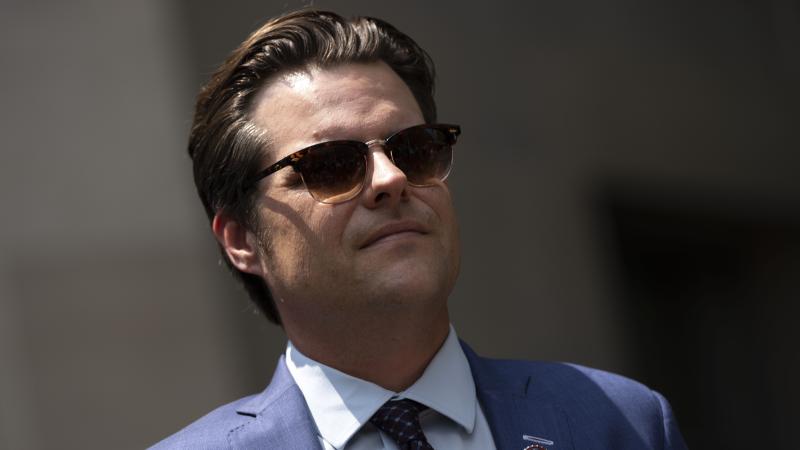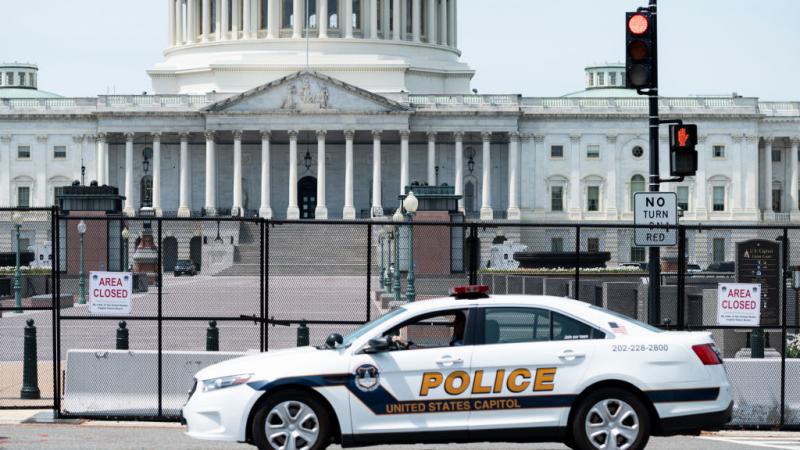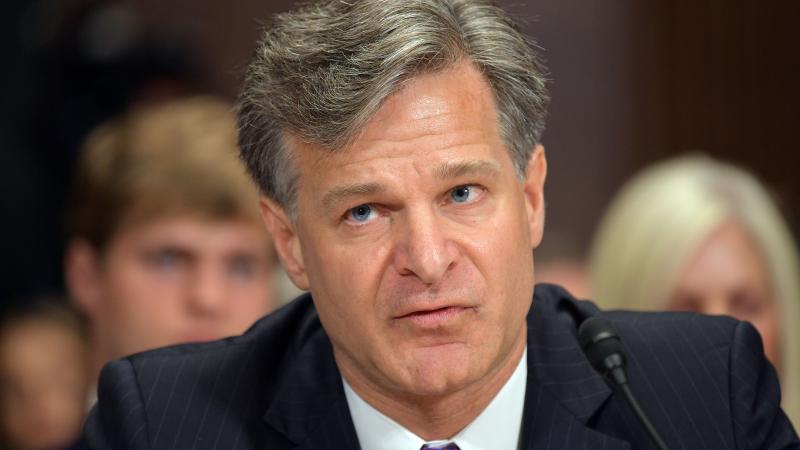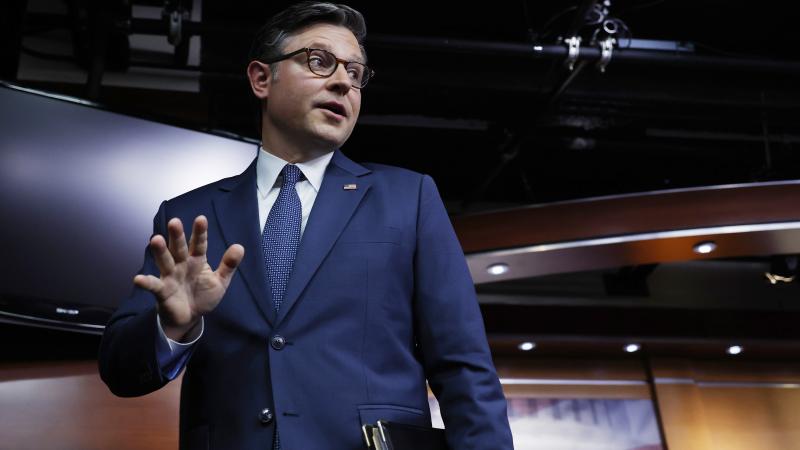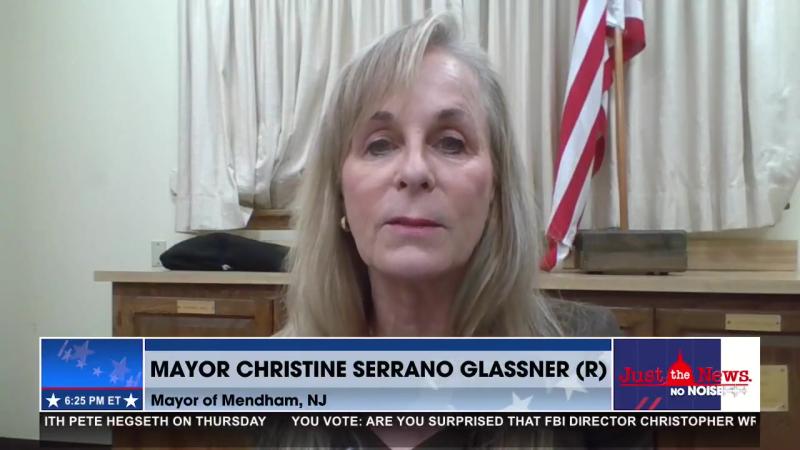Government releases second report on policy against funding NGO's that perform abortions
"This review reaffirms that the United States can continue to meet its critical global health goals, while protecting life abroad through its global health assistance programs," Secretary of State Mike Pompeo said.
The U.S. government on Tuesday released its second review of a Trump administration policy that seeks to prevent American dollars from funding foreign non-governmental organizations that perform abortions or that present the practice as a type of family planning.
"This review reaffirms that the United States can continue to meet its critical global health goals, while protecting life abroad through its global health assistance programs," Secretary of State Mike Pompeo said in a statement regarding the review of the Protecting Life in Global Health Assistance (PLGHA) Policy.
The review found that most of the organizations that receive U.S. funding consented to the stipulations contained in the policy.
"The majority of foreign NGO's that receive U.S. global health assistance funding have accepted the terms of PLGHA in their awards," the review states. "In total, only eight out of 1,340 prime awardees with awards in place between May 2017 and September 30, 2018, have declined to agree to the Policy, as well as a small portion of sub-awardees."
"Slightly more than half, or 60 percent, of the awards with declinations included funding for the provision of health care to clients. The remaining 40 percent focused on other types of health activities. While these awards offer health-related benefits to clients, they generally do not involve the direct provision of health care to such clients," the review explains.
"Of the declinations, three of the six prime awards involved health-care delivery, and each of them reported that some disruption in the provision of health care resulted from their declination," the review states. "Thirty-one of the 47 sub-awards that declined to agree to PLGHA involved some health-care delivery. Fewer than half of these (12 out of 31) reported a gap or disruption in the delivery of health care as a result of a declination."
President Trump, who enjoys significant support among pro-life social conservatives, made history in January 2020 when he became the first sitting president to deliver in-person remarks at the yearly March for Life in Washington, D.C.

